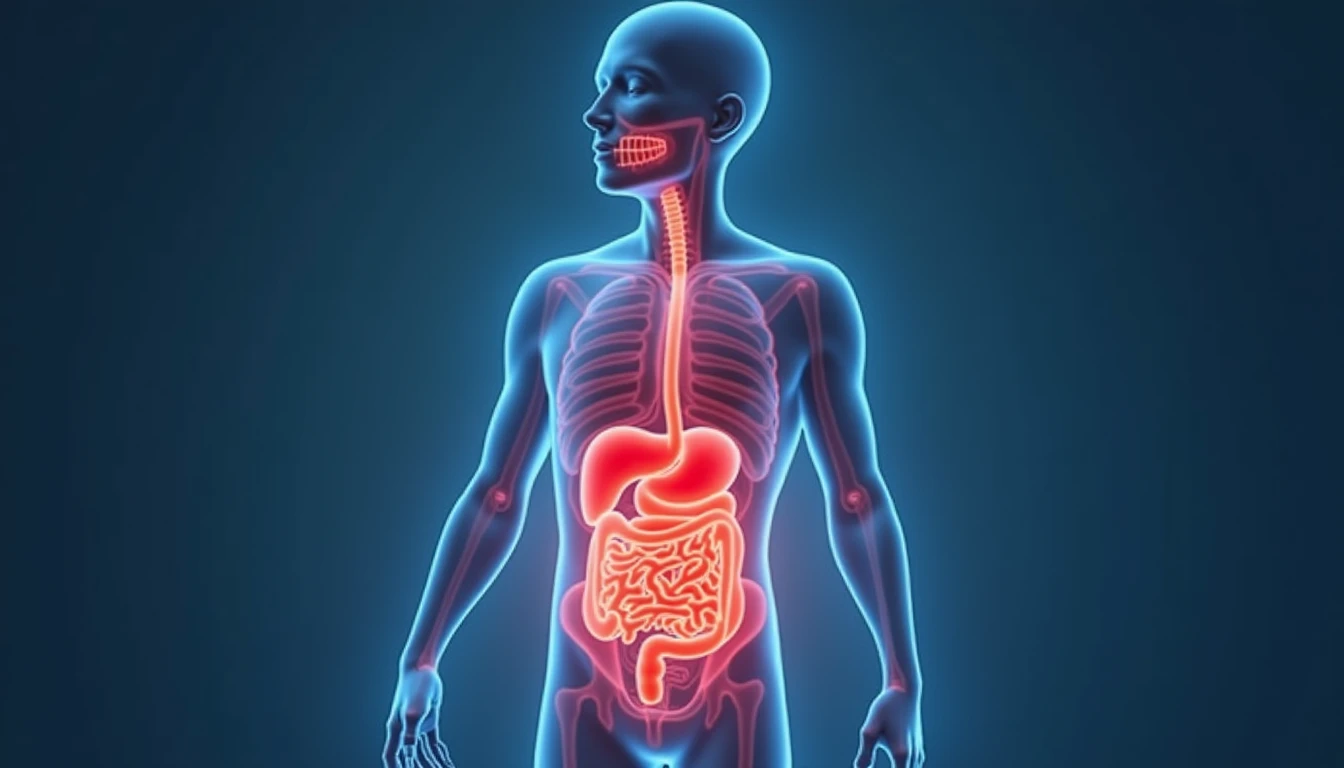Our gut health has a profound influence over our overall wellbeing, including our mental health and emotional state. An extensive body of research is now illuminating the critical connection between the gut microbiome and brain function. This article explores the intricate relationship between the digestive system and mental health, providing insights into how maintaining optimal gut health can support cognitive function, mood regulation, and resilience in the face of stress and adversity.
The Gut-Brain Axis
The gut-brain axis refers to the complex network of communication pathways between the central nervous system (CNS) and the enteric nervous system (ENS), which governs the functions of the gastrointestinal tract. This bidirectional link allows for the exchange of signals via the vagus nerve, neuroendocrine pathways, and immune responses. Emerging evidence suggests that an imbalanced gut microbiome can disrupt this delicate interplay, leading to cognitive impairments and mood disorders.
The Role of Gut Bacteria in Neurotransmitter Production
The trillions of microorganisms residing in the gut play a crucial role in neurotransmitter production, which directly impacts brain function. Certain bacterial species are capable of synthesizing neurotransmitters such as serotonin, dopamine, and GABA, which regulate mood, motivation, and anxiety levels. For instance, research has shown that probiotics containing Lactobacillus rhamnosus can reduce symptoms of depression and anxiety by increasing the availability of these essential neurotransmitters.
The Impact of Inflammation on Mental Health
An imbalance in gut bacteria can trigger chronic inflammation, which is increasingly recognized as a key contributor to various mental health issues. Inflammatory molecules produced by the immune system can cross the blood-brain barrier, directly impacting brain regions involved in emotion and cognition. High levels of pro-inflammatory cytokines, such as IL-6 and TNF-α, have been linked to an increased risk of depression, anxiety, and cognitive decline.

Dietary Factors Influencing Gut Health
The composition of our gut microbiome is largely shaped by the foods we consume. A diet rich in ultra-processed foods, sugary drinks, and red meat can contribute to a proliferation of harmful bacterial species, such as Firmicutes and Proteobacteria, which are associated with increased inflammation and oxidative stress. Conversely, consuming a diverse range of whole, nutrient-dense foods, including fiber-rich plants, fermented products, and healthy fats, can foster the growth of beneficial bacteria, such as Bacteroidetes and Actinobacteria, which support optimal gut function and mental wellbeing.
Strategies for Enhancing Gut Health
Adopting a holistic approach to gut health is essential for supporting overall mental wellbeing. This includes:
1. Consuming a balanced diet rich in whole foods, particularly those high in prebiotics (e.g., onions, garlic, leeks) and probiotics (e.g., yogurt, kefir, sauerkraut).
2. Engaging in regular physical activity to promote the release of endorphins and reduce stress levels.
3. Prioritizing adequate sleep and stress management techniques to support a healthy gut-brain axis.
4. Exploring complementary therapies, such as acupuncture or meditation, which may help alleviate symptoms of anxiety and depression by regulating the hypothalamic-pituitary-adrenal (HPA) axis.
The mounting evidence underscores the profound impact that gut health has on mental wellbeing. By understanding the intricate relationship between the microbiome and brain function, we can take proactive steps to support our emotional resilience and cognitive function. Adopting a gut-healthy lifestyle through proper nutrition, stress management, and regular exercise can help create an optimal environment for beneficial bacteria to thrive, ultimately fostering mental clarity, mood stability, and overall wellbeing. As research continues to unveil the complexities of the gut-brain axis, it is clear that prioritizing our digestive health is not only essential for physical well-being but also instrumental in maintaining a balanced mind.

